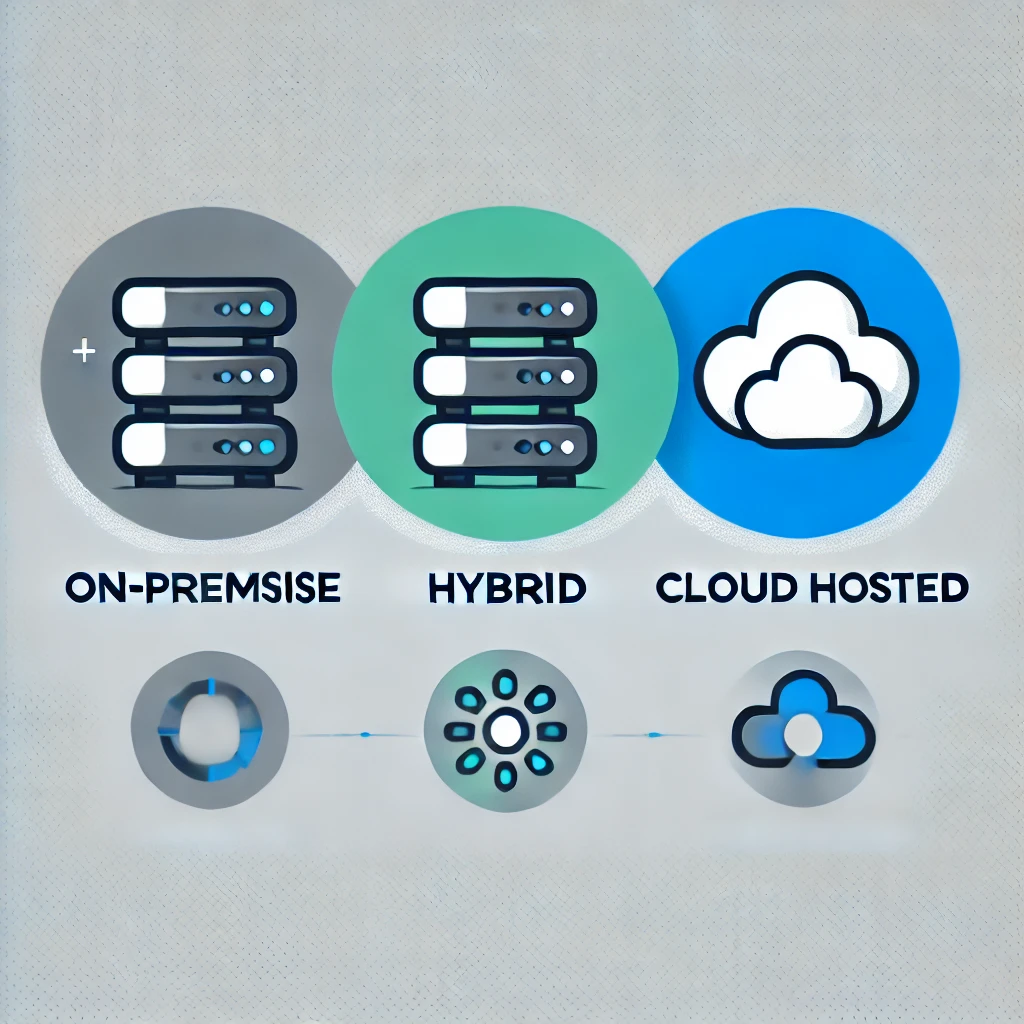
What is Enterprise VoIP?
Enterprise VoIP (Voice Over IP) is an innovative type of Voice Over IP service invented to meet the needs of large scale companies. Enterprise VoIP systems are used by companies to scaleand to add or remove networks without the lengthy and costly processes of legacy infrastructure. Its design is suitable for commercial enterprise use only. Enterprise VoIP is used in organizations for advanced calling, analytics and mobile phone services. It is further implemented as a method of enabling large corporations to stay connected.
Try Our PlansEnterprise VoIP has the option of a cloud service provider to manage heavy lifting. This meets the needs of every business through enterprise VoIP phone systems. Enterprise VoIP satisfies the needs of organizations by reducing the cost of volume scaling. This limits expenditure on physical phone servicesby up to 80% depending on existing business infrastructure.
How to Choose an Enterprise VoIP Provider
Businesses are constantly weighing the advantages and disadvantages of scaling. Improving infrastructure rapidly may result in significant risks associated withhigh expenditure. On the contrary, scaling too slowly may cause an organization to miss key benefits due to a lack of momentum. VoIP systems are flexible in that they allow the enterprise to scale as fast or slow as needed. Here are two steps to follow when choosing an enterprise phone system.
Step 1: Determine Your Telecommunications Budget
Estimate your budget for the next 1-2 years, including startup costs for transitioning to enterprise PBX VoIP. Factor in new phone devices, router upgrades, and ongoing maintenance costs. While initial investment may be high, the long-term returns can justify the expense.
Consider network connections that boost productivity and save time, as opportunity costs can impact profitability. Careful planning helps minimize financial risks during the transition.
Step 2: Ensure Sufficient Bandwidth
VoIP services consume significant bandwidth, especially during simultaneous data transfers. Consider premium data plans and dedicated routers to handle real-time audio and video alongside regular data traffic.
Understanding your network’s infrastructure and calculating bandwidth requirements accurately are essential. VoIP solutions typically provide guidance on bandwidth needs based on lines, configuration, and router types.

Know the Difference: On-Premise vs. Hybrid vs. Cloud Hosted
Cloud Hosted VoIP
Most enterprise VoIP providers are cloud-based, using hosted PBX systems managed by dedicated IT professionals. These providers maintain data centers to ensure redundancy, security, and energy efficiency. The cloud infrastructure allows easy scaling and integration with the internet and traditional phone networks.
On-Premise VoIP
On-premise telecommunications are located on your property, giving you full control over the system. While initial equipment costs are higher, operational costs are lower, and there are no additional charges for adding users or making calls. You can manage and maintain your own infrastructure for tighter control.
Hybrid VoIP Systems
Hybrid systems combine cloud-hosted and on-premise solutions, allowing businesses to integrate legacy TDM infrastructure with modern VoIP. This setup is ideal for companies with large, dispersed branches or older buildings without Ethernet connections.
Key benefits of enterprise VOIP phone systems
Real-Time Scaling
VoIP enables you to instantly adjust services to meet growing business demands at the click of a button.
Advanced Call Routing
Minimize interruptions by rerouting calls to the appropriate department, enhancing customer care quality and efficiency.
Remote Management
Gain full control of your enterprise from your desk, keeping you connected to your business operations at all times.
CRM Integration
Integrate VoIP with cloud-based services like social media, accounting, email, CRM, and collaboration apps for seamless operations.
